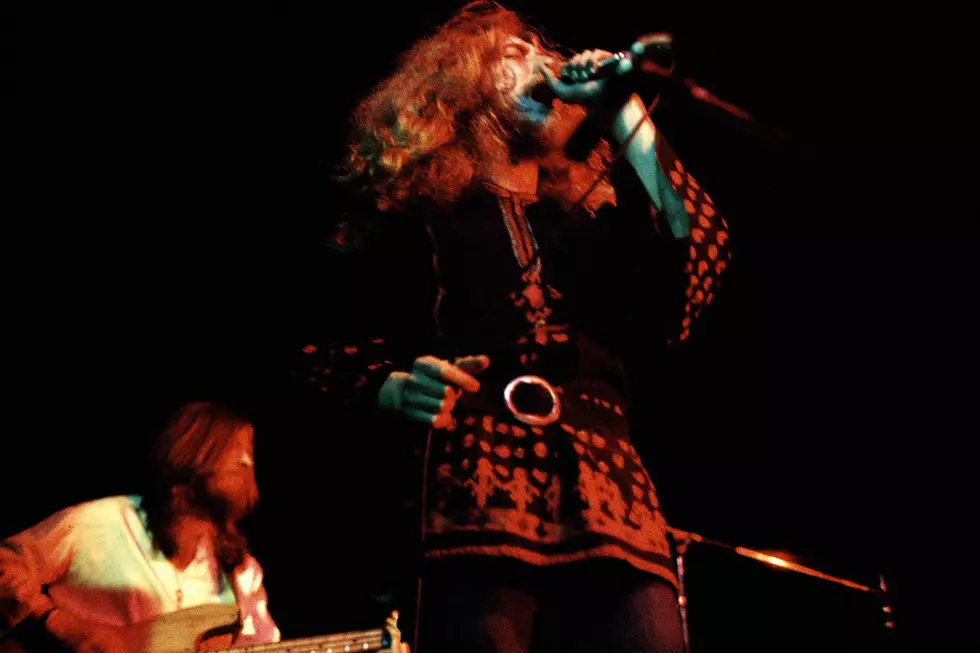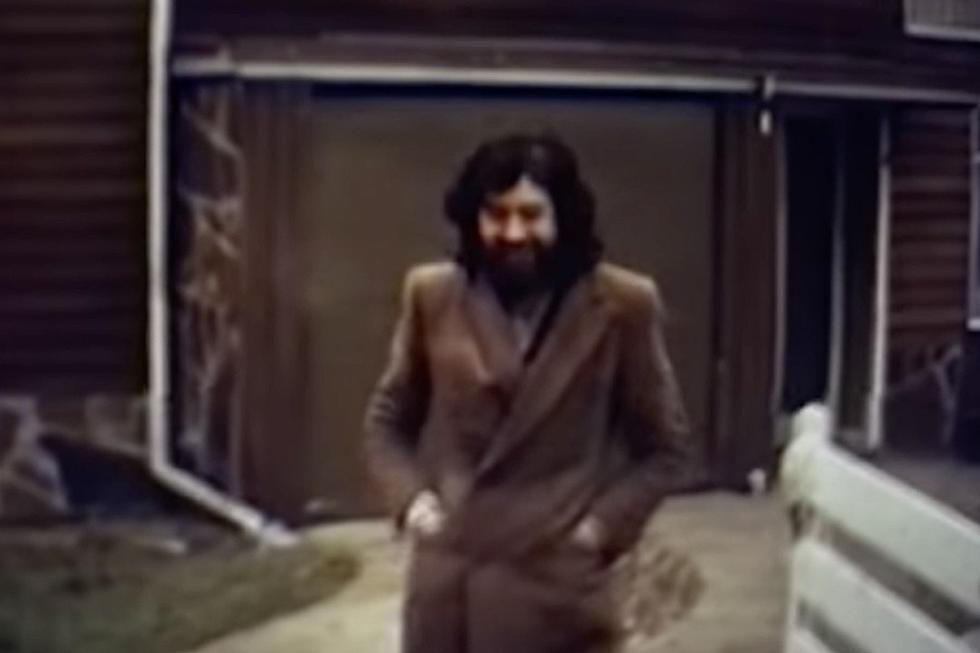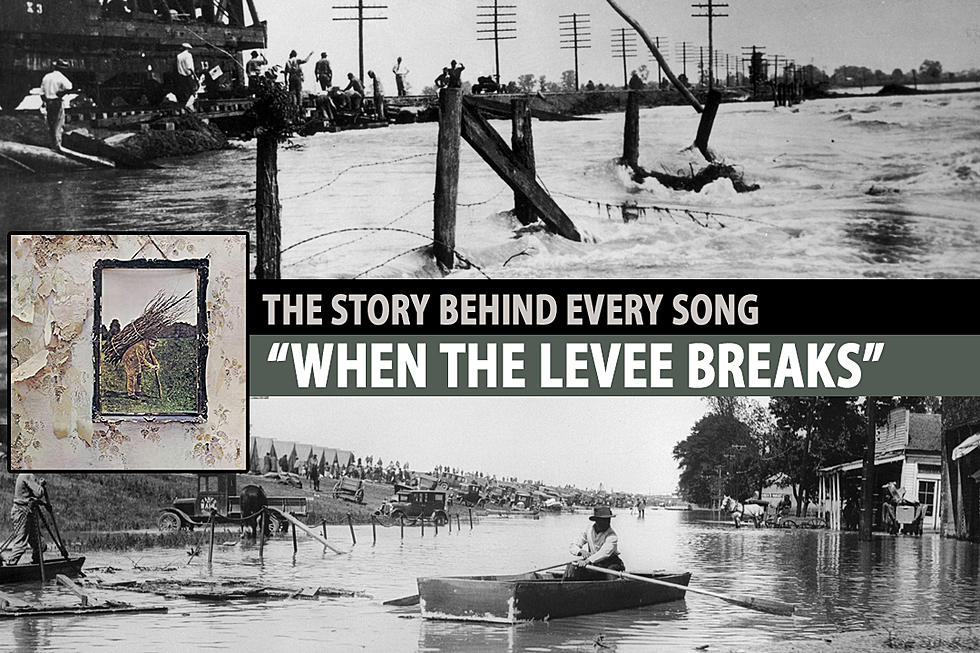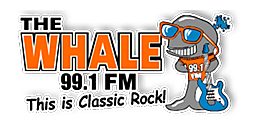
When Led Zeppelin Went Back to the Clubs to Debut Songs From ‘IV’
The bigger the concert spectacle, the bigger the audience disconnect. During Led Zeppelin's Fall 1970 arena tour, the rock giants found themselves burned out from the impersonal character of their massive concerts.
And they aimed to fix that problem on their next jaunt – by returning to their roots. They launched their Back to the Clubs tour of the U.K. and Ireland on March 5, 1971, at Ulster Hall in Belfast, Northern Ireland.
Jimmy Page explained the decision shortly before they hit the road. "The audiences were becoming bigger and bigger but moving further and further away," he told the Record Mirror. "They became specks on the horizon, and we were losing contact with people: Those people who were responsible for lifting us off the ground in the early days."
Led Zeppelin planned to revisit venues from their formative days, like London's Marquee, and charge "exactly the same amount as [they] did in the old days, as a 'thank you' to those promoters and the audiences alike." The goal was to re-connect with their fans, many of whom felt swallowed up by the band's arena show sprawl. And they had an equally important second motive: road-testing the epic material they'd been recording for their fourth LP, eventually released that November.
According to the band's official site, the Belfast show featured a tight, powerhouse 13-song set – including the live premiere of four eclectic IV tunes: hard-rock riff juggernaut "Black Dog," multi-part prog epic "Stairway to Heaven," folk reverie "Going to California" and blues stomper "Rock and Roll."
The gig also found Robert Plant debunking baseless rumors that the band planned to stop touring and focus on solo projects. "A lot of these music papers that come across the sea to say we are going to break up. Well … we're never gonna break up!" he told the audience, according to Dave Lewis and Simon Pallett's book Led Zeppelin: The Concert File.
Listen to Led Zeppelin Perform 'Stairway to Heaven'
The band tweaked the setlist each night, but the IV material was mostly consistent, juxtaposed with tracks from each of the first three LPs – from the pastoral heartbreak of "That's the Way" to the drum solo madness of "Moby Dick" to psychedelic standard "Dazed and Confused."
The band adopted a loose, in-the-moment approach – one that lent itself well to poop jokes. "There was a bit of confusion at the start over what they were going to play," one critic wrote, according to the band's website. "'We had a list on a piece of toilet paper,' explained Robert Plant, 'But I think it's been used.'"
Blistering recordings from the tour's final stop, April 1 at London's Paris Theatre, later appeared on 1997 live behemoth BBC Sessions – offering a glimpse at the world's greatest rock band at the height of their live powers.
But Led Zeppelin were too mythic, too monstrous to keep lingering in the clubs, and the tour's European leg found them once again rattling arenas. On May 3, the band hauled out more then-unreleased IV tracks, "Misty Mountain Hop" and "Four Sticks" – the latter in its only documented stage performance.
"Zeppelin played material from their three LPs and presented a few new songs, which we were told appear on their next album," a critic for NME wrote, before revealing that they were charmingly unaware of the official name of one song.
"The best one's title was drowned by the applauding and cheering audience, but is called something like 'Stairways to Heaven,' a beautiful number starting softly with Jimmy Page on guitar and a silent Robert Plant, joined by John Paul Jones on organ," the writer continued, "and then building and building in force and speed into a breathtaking climax, where everybody went wild – a real inferno of sound."
Top 10 Concert Films
Why Led Zeppelin Won’t Reunite Again
More From 99.1 The Whale










